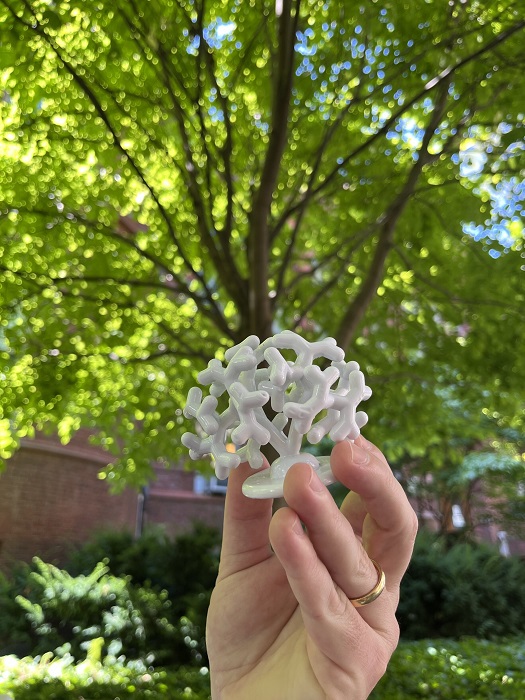Assistant Professor Alex Hughes, an expert in Bioengineering at Penn Engineering and in Cell and Developmental Biology at Penn Medicine, is pioneering new methods to synthesize kidney tissue, potentially transforming the future of kidney disease treatment. Inspired by the intricate development of the kidney—an organ he likens to a “work of art”—Hughes and his team are exploring groundbreaking methods that could replace the need for dialysis and transplantation.
Kidneys, responsible for filtering blood and maintaining fluid balance, are especially vulnerable to damage due to high blood pressure and diabetes. With chronic kidney disease (CKD) affecting over 850 million people worldwide, Hughes aims to reduce dependence on dialysis and address the severe shortage of transplant organs. His lab’s research focuses on understanding kidney development, including how kidney cells “branch” during formation, similar to growing forests of pipes. Each kidney has a unique number of nephrons, which impacts filtration efficiency and lifespan.
In recent studies published in Nature Materials and Cell Systems, Hughes and his team discovered that mechanical stress waves, which occur when tubules in the kidney push against one another, may signal when new nephrons should form. Additionally, they devised a novel technique to control the spatial organization of stem cells in kidney organoids, improving kidney tissue’s functionality. By testing different combinations of stem cells in customized microwells, they identified an optimal ratio for cell growth, coining it the “goldilocks” ratio.
As reported by medicalxpress, Hughes envisions that simulating these mechanical rhythms in artificial kidney tissue could one day revolutionize regenerative medicine and reduce the global burden of CKD.























